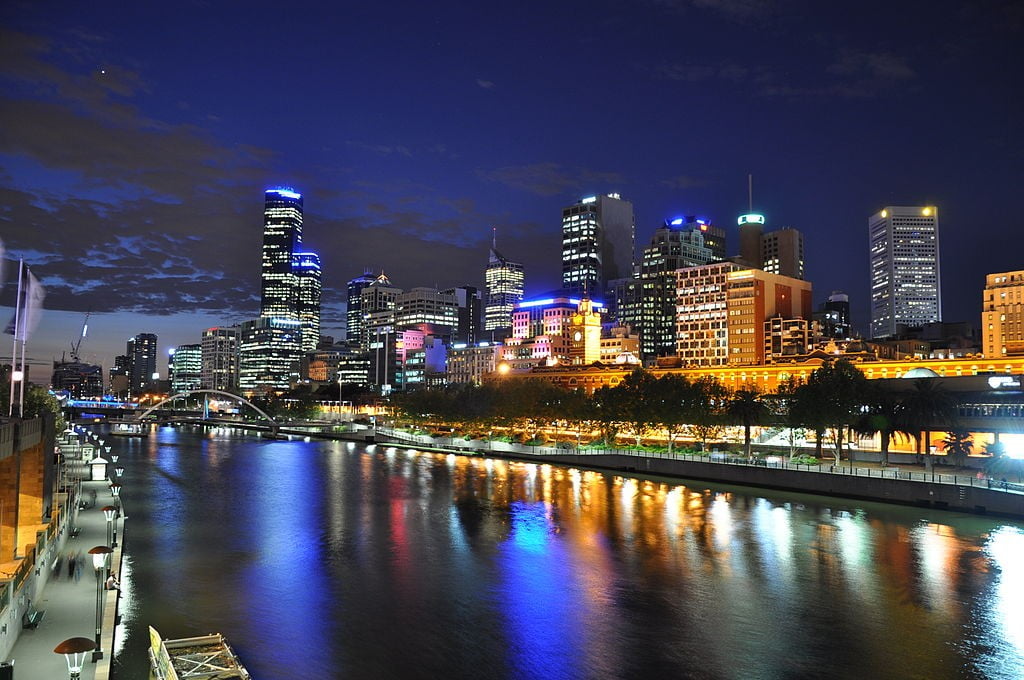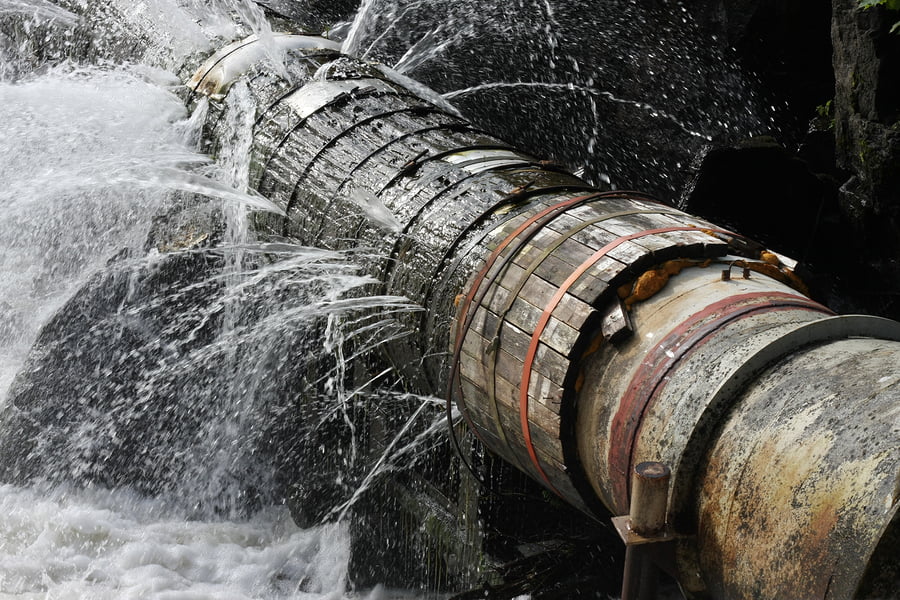Each year, 8.6 trillion gallons of water are lost to leakage in water utility systems worldwide — that’s enough to supply Niagara Falls for more than four months. But losing water to leakage is a problem that could be solved using a technology developed in Israel by TaKaDu, which has been saving countries millions of gallons of water (and dollars), with Australia being its latest success story.
TaKaDu provides a cloud-based software service that enables water utility companies to monitor their water network, detect leaks and bursts in pipes, inefficiencies or problems with other equipment, and operational issues — all in real-time. In its most recent project, TaKaDu saved Yarra Valley Water, the largest water and sanitation utility in Melbourne, thousands of megaliters of water.
SEE ALSO: Israeli Tech Brings Clean Water Solutions To China’s Cities
The recent success in Melbourne has the company gaining momentum in the Land Down Under. Sydney Water, Unitywater on the Sunshine Coast, and Queensland Urban Utilities in Brisbane all recently signed on for TaKaDu’s services. According to the Australian Financial Review, over the last three years in Australia, TaKaDu has saved over 2,700 megaliters of water (about 1,100 Olympic swimming pools), resulting in roughly $5000 per day in water savings. Yarra Valley, for example, has reduced its water loss from 14 percent to 10.8 percent, mostly by limiting pipe leakage.
By collecting real-time data on the patterns of water flow from pipes in a neighborhood, and comparing it with corresponding data from days, weeks, and even years prior, TaKaDu developed a statistical model that learns what the right flow is for a Monday in January, for example.
SEE ALSO: Israeli Technology Turns Air Into Drinking Water For Troops
The comparison process occurs on the company’s online cloud system and is done through a unique mathematical model that the company developed, which consists of algorithms and statistical tools such as time-series-analysis systems and correlations. According to TaKaDu, this mathematical model provides accurate insights about the water network’s condition—sensing whether there could be a pipe leak, burst, or abnormal consumption.
“Unlike computer networks or the internet, which are both effectively functioning via programs and algorithms, the water sector doesn’t operate through progressed tools like these,” TaKaDu CEO Amir Peleg told NoCamels. “We bring the power of math and algorithms to the water sector, and that is the wisdom and the innovation of our solution.”
Sign up for our free weekly newsletter
SubscribeFrom Brazil to Australia, Israel teaches the world how to conserve water
According to industry research firm The Water Network, TaKaDu now holds a 40 percent market share of the top ten largest water networks in Australia. Over the past five years, the company has attracted some heavy investment from venture capital firms and other companies such as 3M and ABB that have invested over $20 million.
TaKaDu also continues to operate globally, working with 14 utilities in cities from Campo Grande, Brazil to Bilbao, Spain. Collectively, the company manages roughly 40,000 miles of water pipelines, and its revenues have grown by 50 percent annually over the past two years, Peleg told Bloomberg News.
TaKaDu was founded in 2009 by Peleg, after he had sold his first company YaData, which does ad targeting software, to Microsoft in 2008. Peleg had learned that some utility companies were losing 20-30 percent of their water, some even more than that. Not only was this a financial problem for utilities, but a critical problem for many countries that struggle with drought or lack of clean water supply. Growing up in Israel, a country where water is scarce and therefore precious, Peled recognized the need for a better system and decided to develop a software that could use raw data generated by smart sensors in water pipes to conserve more water.
Takadu is not the first water tech company to come out of Israel, a world leader in water technologies like desalination and irrigation. Israel recycles roughly 85 percent of its waste-water, and its tap water is 80 percent desalinated. Countries that struggle with drought or lack of clean water supply can actually learn from Israel – it is home to the largest seawater desalination plant in the world.
Photos: Tourism Victoria, Jorge Láscar,
Related posts

Resilient And Nutritious New Plant-Based Milk Aims To Make A Splash

Chocolate From Cultivated Cocoa Comes Without Environmental Toll

Plastic Fantastic: Startup Takes PVC Back To Its Crude Oil Roots







Facebook comments